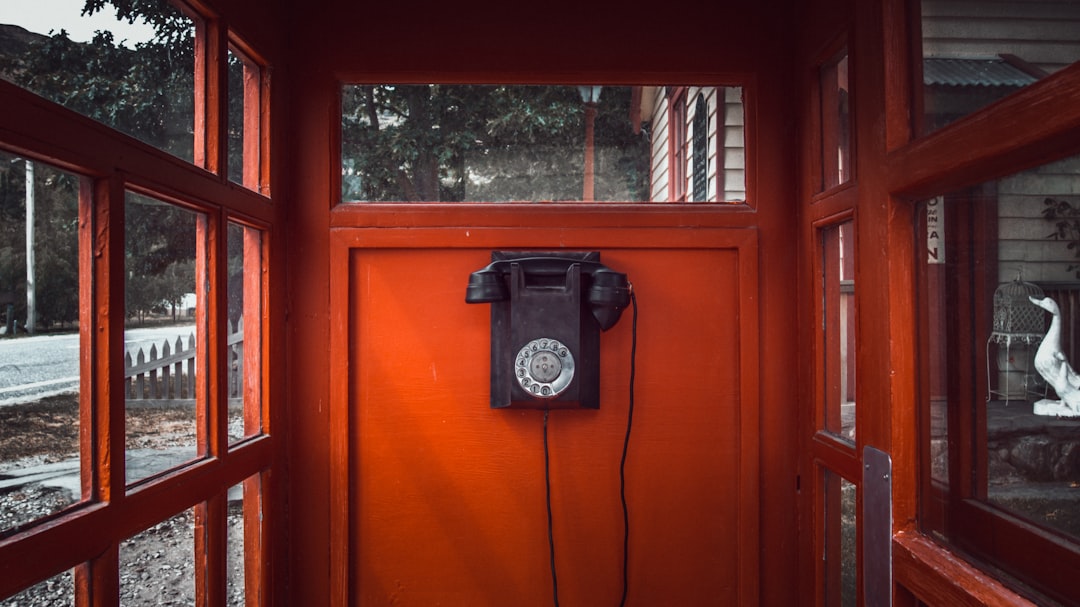In Ohio, the Do Not Call Registry protects residents from unwanted phone calls. Legal action can be taken against violators by a specialized Do Not Call lawyer. Mediation serves as an alternative to litigation, fostering dialogue and mutually agreeable outcomes. For disputes, a step-by-step guide outlines filing a lawsuit, discovery, trial, and appeals. Key terms include Do not call lawyer Ohio, attorneys, and law firms. Choosing the right representative is crucial; look for specialists with transparent communication and client referrals to protect your Do Not Call rights.
Are you facing a do not call violation in Ohio and unsure which legal path to choose? Understanding your rights is crucial. This guide compares mediation and litigation for resolving do-not-call disputes. Discover the benefits of mediation—a cost-effective, efficient alternative to court—and learn about the steps involved. We’ll also explore the advantages and disadvantages of each approach. If you decide to pursue legal action, find tips on selecting a reputable do not call lawyer Ohio or do not call attorney Ohio from a do not call law firm Ohio.
Understanding Your Rights: The Do Not Call Registry in Ohio

In Ohio, the Do Not Call Registry is a state-mandated list that helps residents protect themselves from unwanted phone calls, specifically telemarketing and sales calls. If you’ve received nuisance calls, understanding your rights under this registry is crucial. As a consumer in Ohio, you have the legal right to register your telephone number with the Do Not Call Registry, effectively barring most commercial calls from telemarketers and sales representatives.
When you enroll in the registry, you grant permission for certain types of calls, including those from non-profit organizations, government agencies, or companies with which you’ve done business within the last 18 months. However, your number will be off-limits to most automated or prerecorded telemarketing messages and sales calls. If a company violates this rule, a do not call lawyer in Ohio can help you take legal action, ensuring that your rights are respected and protected.
What is Mediation and Why Consider It for Your Case?

Mediation is an alternative dispute resolution process that involves a neutral third-party mediator helping disputing parties reach a mutually agreeable solution, without going to court. In the context of a “Do Not Call” case in Ohio, mediation offers several compelling benefits. For instance, it can be particularly effective when dealing with complex issues related to consumer rights and privacy, allowing both parties to have their say and work towards a resolution that satisfies everyone involved.
Considering mediation for your Do Not Call case with a lawyer from Ohio can streamline the process, potentially saving time and legal fees. Unlike litigation, which can be lengthy and costly, mediation provides a more efficient and collaborative approach. It fosters open communication, encourages empathy, and enables parties to maintain control over the outcome. This is especially beneficial when dealing with businesses or individuals who may be receptive to resolving the issue without the formalities of court proceedings, ensuring a swift resolution and potentially preserving relationships.
Litigation Process: Step-by-Step Guide for Do Not Call Disputes

When facing a Do Not Call dispute in Ohio, understanding the litigation process is crucial. Here’s a step-by-step guide:
1. File a Lawsuit: The first step for any Do Not Call case involves filing a lawsuit with the appropriate court. In Ohio, this typically means the Common Pleas Court or the Court of Claims, depending on the nature of the dispute. A Do not call lawyer in Ohio will assist you in preparing and submitting the necessary legal documents.
2. Serve Legal Papers: Once your lawsuit is filed, your do not call attorney Ohio will need to serve legal papers to the defendant (the party violating the Do Not Call regulations). This involves delivering a summons and complaint, informing them of the lawsuit and giving them a chance to respond within a specified timeframe.
3. Discovery: After service of process, both parties engage in discovery, where they gather and exchange evidence relevant to the case. Your do not call lawyers Ohio will request documents, witness statements, and other information that support your claim. This phase can include depositions, where witnesses testify under oath.
4. Trial: If the dispute doesn’t resolve through settlement negotiations, it will proceed to a trial. During the trial, both sides present their evidence and arguments to a judge or jury, who ultimately decides the outcome of the case. A do not call law firm Ohio will represent you throughout this process.
5. Judgment and Appeals: Following the trial, the court issues a judgment based on its ruling. If either party disagrees with the outcome, they have the right to appeal to a higher court.
Advantages and Disadvantages of Mediation vs. Courtroom Battle

Mediation offers a more collaborative approach compared to the adversarial nature of litigation, making it an attractive option for many, especially in Do Not Call cases in Ohio. One of its key advantages is cost-effectiveness; mediation sessions tend to be less expensive as they typically involve fewer court appearances and legal paperwork. This process also promotes privacy since negotiations take place outside the public courtroom, providing a more comfortable environment for sensitive discussions. Moreover, mediation allows both parties to retain control over the outcome, fostering a sense of mutual agreement and satisfaction.
However, litigation provides a structured framework and a definitive resolution, which can be beneficial when dealing with complex legal matters. While it may incur higher costs due to extensive court proceedings and legal representation, it ensures a thorough examination of evidence and arguments under the supervision of a judge. In Do Not Call cases, litigation offers a clear path to justice, with a final decision from an authoritative figure. This process is beneficial when there are significant differences in perspectives, requiring a neutral third party to make a decisive ruling.
Choosing the Right Legal Representative: Tips for Selecting a Do Not Call Lawyer in Ohio

Choosing the right legal representative is a crucial step when navigating your Do Not Call case in Ohio. With numerous do not call lawyer Ohio and law firms vying for your attention, it’s essential to select an advocate who understands the nuances of this complex area of law. When looking for a do not call attorney Ohio, consider their experience exclusively within this domain, as specialized knowledge is vital. Expertise in telecommunications law and prior success with similar cases can serve as strong indicators of their capability.
Additionally, ensure transparency and clear communication throughout the process. The ideal do not call lawyers Ohio will provide straightforward advice, explain legal strategies, and keep you informed about developments in your case. Referrals from satisfied clients or recommendations from trusted sources can also guide your selection, ensuring you find a dedicated and knowledgeable representative to champion your Do Not Call rights in Ohio.






